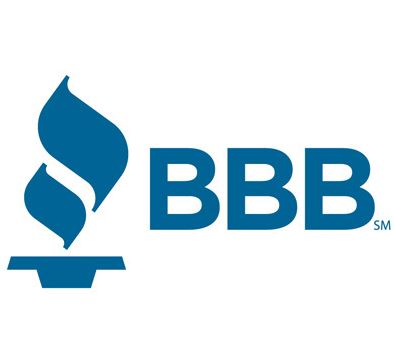The Better Business Bureau conducted an investigative study regarding predatory payday loans, which paved the way for scammers amid the COVID-19 pandemic.
Payday loan laws are handled on a state-to-state basis among the 32 states in which they are available, and regulations makes the impact of the industry in the U.S. and Canada tough to track.
The BBB study found one common thread, however, in the triple-digit interest rates many of these loans carry – camouflaged by interest that is compounded weekly or monthly, rather than annually, along with significant rollover fees.
From 2019 to July 2022, BBB received nearly 3,000 customer complaints about payday loan companies, with a disputed dollar amount nearing $3 million. Additionally, more than 117,000 complaints were lodged against debt collection companies at BBB. Complainants often said they felt ill-informed about the terms of their loans. Many fall into what consumer advocates call a “debt trap” of stacking interest and fees that can leave customers to pay double the amount they originally borrowed. One woman in St. Louis, Missouri, told BBB recently that over the course her $300 loan, she paid more than $1,200 and still owes an additional $1,500.
Meanwhile, BBB Scam Tracker received more than 7,000 reports of loan and debt collection scams representing roughly $4.1 million in losses.
Posing as payday loan companies and debt collectors, scammers use stolen information to convince consumers to hand over bank account information and cash. BBB found that hackers had stolen and posted detailed personal and financial data for more than 200,000 consumers.
Federal regulators have pursued stronger laws to curb predatory lending, but those regulations were rolled back in recent years, leaving states to make their own rules about interest rate caps and other aspects of payday loans. More than a dozen states introduced legislation last year to regulate payday loans, but the landscape for legally operating payday lenders remains inconsistent from state to state.
Currently, payday loans are not allowed in 18 states. In addition, the Military Lending Act sets a 36% rate on certain payday loans. With respect to fraudulent behavior, law enforcement is limited in what it can do to prosecute payday loan scams. Some legal payday lenders have attempted to prevent scams by educating consumers on ways they will and will not contact borrowers.
BBB’s study advises consumers to do careful research into all their borrowing options – as well as the terms and conditions of a payday loan – before signing anything to take out a short-term loan. The study also includes recommendations for regulators:
- Cap consumer loans at 36%
- Make more people aware of no-fee extended repayment plans
- Require lenders to test whether consumers can repay loans
- Require Zelle, Venmo and other payment services to offer refunds in fraud cases
Where to report a payday loan scam or register a complaint:
- BBB.org/ScamTracker
- Federal Trade Commission (FTC) – ReportFraud.ftc.gov
- Canadian Anti-Fraud Centre (CAFC) – Online or by phone at 1-888-495-8501
- State Attorneys General can often help. Find your state Attorney General’s website to see if you can file online.
- If you have an overdue payment on a payday loan, the Consumer Financial Protection Bureau may have resources to help you set up a payment plan.
Find more information about this study and other BBB scam studies at BBB.org/scamstudies.







